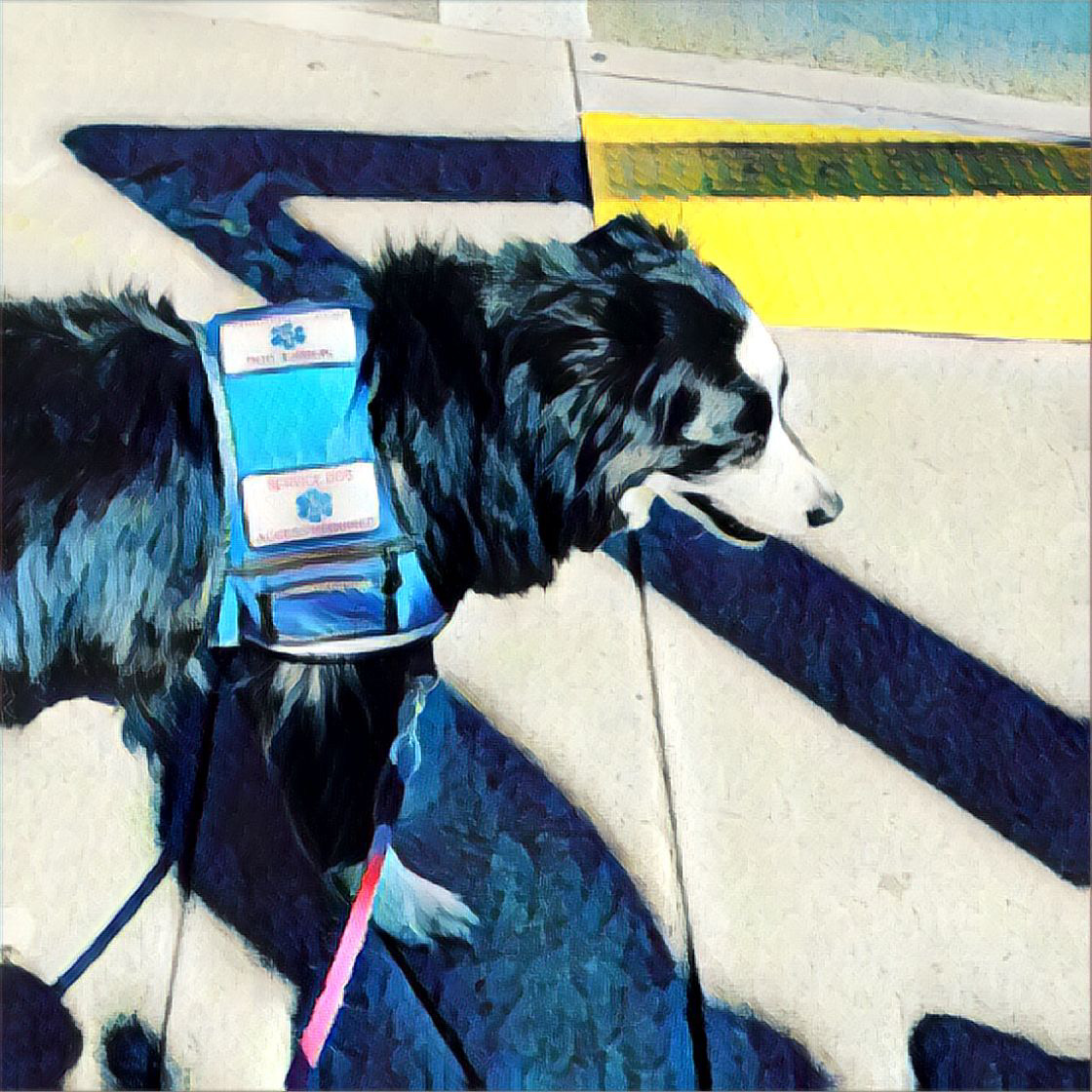“The moment of death, like that of birth, is our time of greatest need.” ~Andrew Holecek
COVID-19 brought us face to face with our mortality and the hazards of critical illness. It reminded us that we can become incapacitated unexpectedly and incapable of making our healthcare decisions. If this happens before you have a decree or judgment for the dissolution of your marriage or domestic partnership, who will make healthcare decisions for you during a divorce? Who will answer your doctors’ questions like, “Can we operate?” “Do you consent to treatment?” The answer for California residents is, it depends.
If you don’t have written instructions to the contrary, and you haven’t revoked an earlier grant of medical power, in all likelihood your spouse or partner will decide the type and extent of medical and palliative care you will receive.
Does this make you exhale a sigh of relief or recoil? If it’s the latter, and you don’t want your husband, wife, or partner to make critical healthcare and end-of-life decisions for you, act now and take these steps.
- Create or amend your Advance Health Care Directive, living will, or Medical Power of Attorney.
- Provide clear written instructions about the types of treatment you do and do not want to receive.
- Identify whomever you trust to make medical decisions on your behalf if you become incapacitated.
- Give your doctor, lawyer, medical power of attorney, and trustworthy family and friends copies of your medical directives
If your doctor does not have your written medical directives and you don’t appoint a medical power of attorney, your family, spouse-partner, doctors, and a judge could waste precious time trying to decide who will make critical decisions about your healthcare when every minute counts.
California Probate Code empowers you to expressly state your wishes and identify the person you trust with your healthcare decisions. The California Family Law Automatic Temporary Restraining Orders in the Summons do not prohibit you from changing your medical directives or Durable Powers of Attorney for Health Care. In California you also can revoke a Durable Power of Attorney that gave your spouse or partner power to legally bind you at any time. (You may have signed a DPOA while doing your estate planning during marriage, as is common.)
I know this is a difficult topic. These resources can make this vital next step easier to take.
UCLA School of Law California Medical Decision Making Forms: Advance Directives, DNR and POLST
MyDirectives is an online system for documenting end-of-life wishes
EverPlans helps you plan for death in the distant future or near term
The Conversation Project, Death Cafe, Death with Dignity, and Zen Caregiving Project provide insight, tools, communities, and professionals to make the process more manageable.
If you or a beloved are ill or you’ve recently lost someone dear, you are in my heart and prayers.
On the day I die, when I’m being carried toward the grave, don’t weep. Don’t say, He’s gone! He’s gone. Death has nothing to do with going away. The sun sets and the moon sets, but they’re not gone. Death is a coming together. The tomb looks like a prison, but it’s really release into union. The human seed goes down in the ground like a bucket into the well where Joseph is. It grows and comes up full of some unimagined beauty. Your mouth closes here and immediately opens with a shout of joy there.” ~Rumi

Leave a Reply